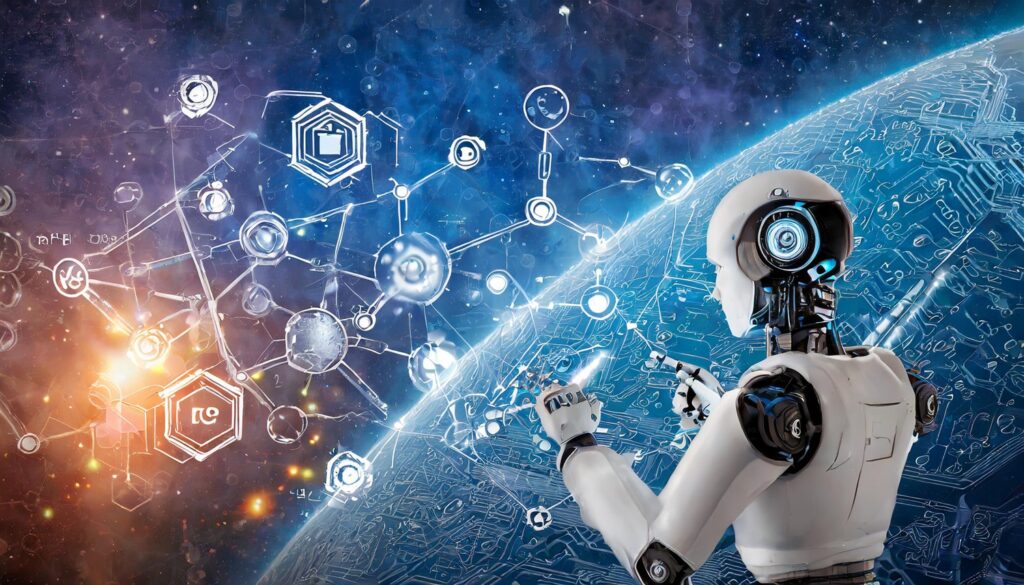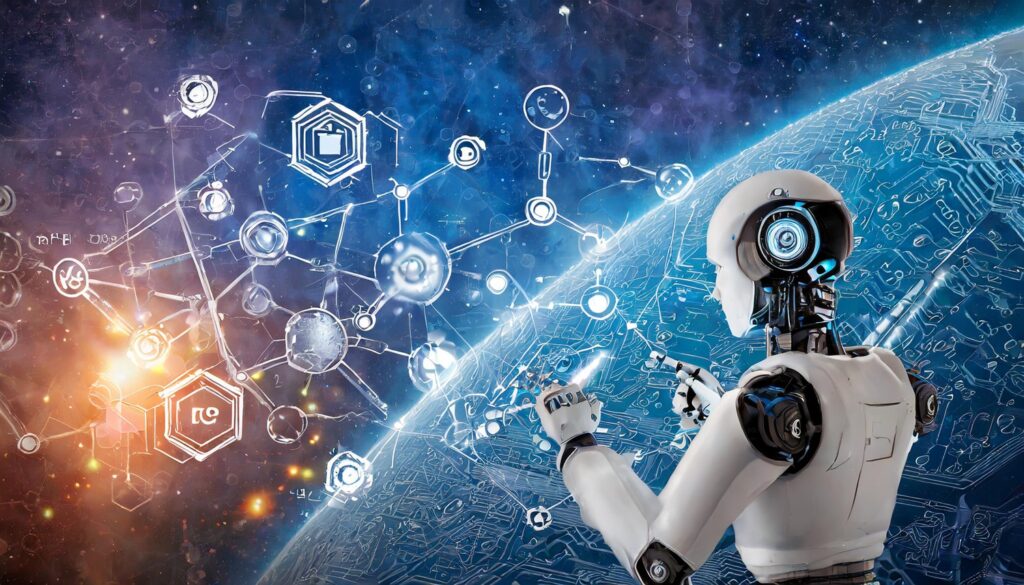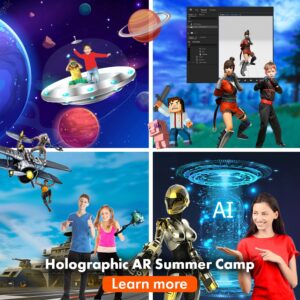
In an era where technology and science converge, the realms of biology and chemistry are on the cusp of monumental transformations, powered by the advancements in Artificial Intelligence (AI). The research undertaken by MIT researchers, as outlined in their latest study, serves as a beacon of the profound changes ahead. This exploration into computational techniques for protein engineering not only sheds light on the immediate benefits for medical and neuroscience research but also opens the door to a future where the manipulation of biological and chemical processes through AI becomes commonplace.
The Power of Proteins and the Role of AI
Proteins, the building blocks of life, play pivotal roles in virtually every biological process. Engineering these proteins to enhance their natural functions or to endow them with new capabilities has long been a goal of scientists. Traditionally, this process involved inducing random mutations in the protein’s structure in the hopes of stumbling upon a variant with improved attributes. Such methods, while successful in cases like the optimization of the green fluorescent protein (GFP), often prove to be labor-intensive and inefficient.
Enter the innovative approach developed by MIT researchers: a computational model that dramatically simplifies the prediction of beneficial mutations, even with limited initial data. This method represents a significant leap forward, facilitating the rapid development of proteins with enhanced or novel functions, such as measuring electrical activity in the brain more efficiently or improving gene therapy delivery mechanisms.
From Concept to Reality: Bridging the Gap
The implications of this research extend far beyond the laboratory. By harnessing AI to predict and optimize protein structures, scientists can accelerate the pace of discovery in various fields, from developing new medical treatments to advancing our understanding of complex biological systems. For instance, engineered proteins that serve as voltage indicators could revolutionize neuroscience by allowing researchers to monitor neuron activity without invasive electrodes, thereby offering new insights into brain function.
Moreover, the success of this computational approach in optimizing the GFP and a protein from adeno-associated virus (AAV) serves as proof-of-concept for its applicability to a wide range of protein engineering challenges. This breakthrough underscores the potential of AI to transform the trial-and-error nature of biological and chemical research into a more streamlined, predictive process.
A Future Shaped by AI-Driven Discoveries
As we stand on the brink of this new frontier in biology and chemistry, it’s clear that AI will play a central role in shaping the future of these sciences. The collaborative effort between computational scientists and biologists, as exemplified by the MIT study, highlights the interdisciplinary approach that will be necessary to unlock the full potential of AI in scientific research.
The vision of a future where AI-assisted technologies enable breakthroughs in medicine, environmental science, and beyond is no longer a distant dream but an imminent reality. With each step forward, we move closer to a world where the mysteries of life are unraveled with the help of machines, opening up endless possibilities for innovation and improvement in the quality of human life.
This emerging synergy between biology, chemistry, and AI not only promises to advance our understanding of life’s complexities but also to catalyze a new era of discovery and invention that could redefine what it means to live in harmony with the natural world.
As we delve into the fascinating realm where AI intersects with biology and chemistry, the significance of nurturing a foundation in these advanced technologies from an early age becomes increasingly apparent. Camp Integem, with its innovative curriculum designed for K-12 students, stands at the forefront of this educational revolution. Here, students are not only introduced to AI and robotics but are also immersed in holographic AR, coding, and the principles of art and design. This comprehensive approach equips young minds with the tools and knowledge necessary to navigate and contribute to the future landscape of science and technology.
The integration of AI in fields such as biology and chemistry highlights the transformative power of technology and the endless possibilities it presents. By participating in Camp Integem, students gain the unique opportunity to explore these cutting-edge technologies within a supportive and stimulating environment. They are encouraged to think critically, solve complex problems, and innovate, laying the groundwork for them to become the pioneers of tomorrow’s scientific advancements. In doing so, Camp Integem not only prepares students for future careers but also inspires a lifelong passion for learning and discovery, ensuring they are well-equipped to thrive in a world where technology continuously reshapes our understanding of the natural world.




Recent Comments